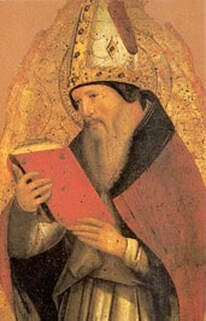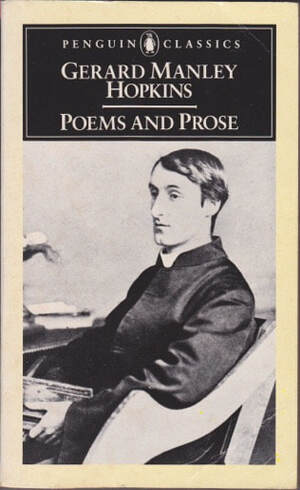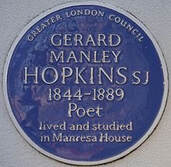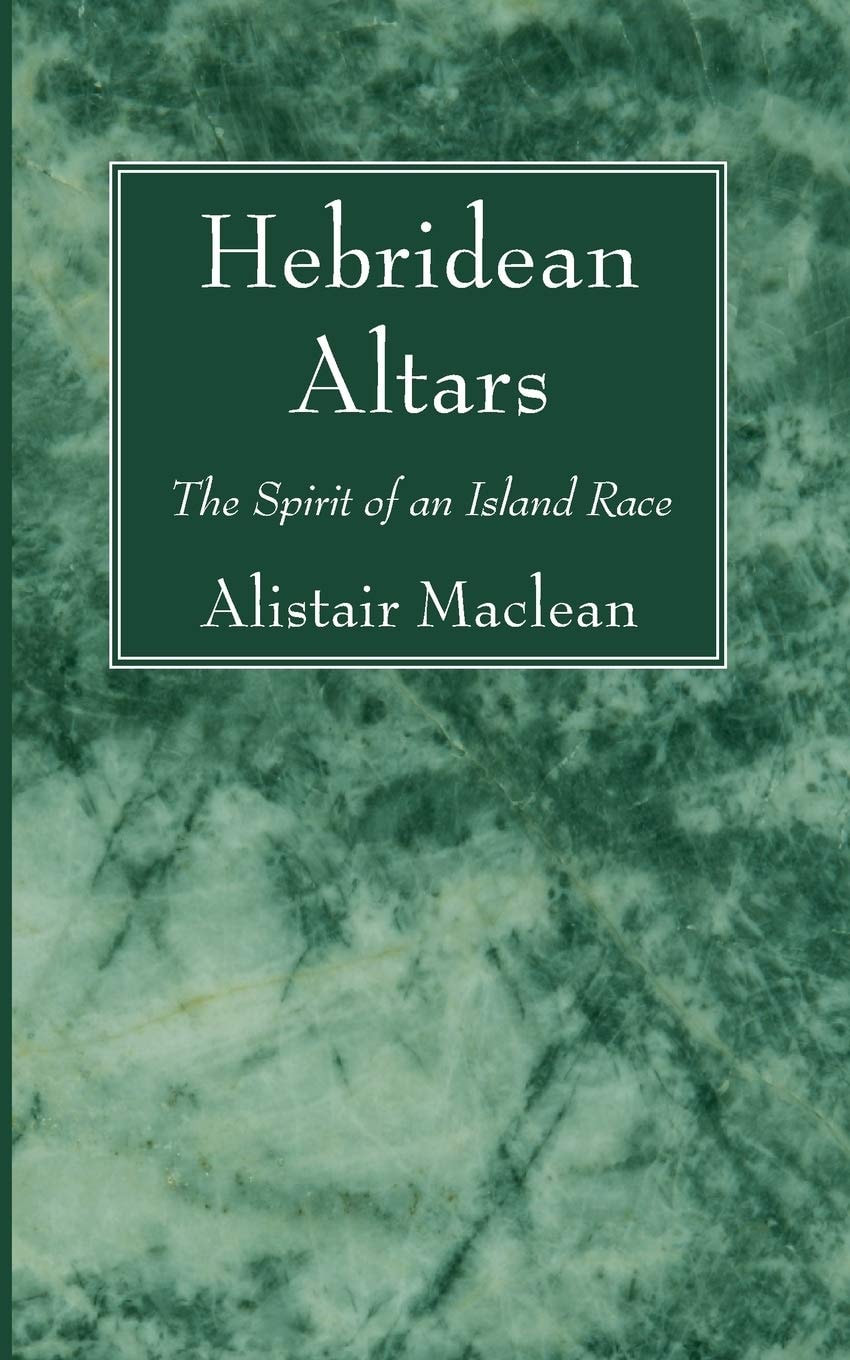| Late have I loved you, O Beauty so ancient and so new, late have I loved you! Lo, you were within, but I outside, seeking there for you, and upon the shapely things you have made I rushed headlong – I, misshapen. You were with me, but I was not with you. They held me back far from you, those things which would have no being, were they not in you. You called, shouted, broke through my deafness; you flared, blazed, banished my blindness; you lavished your fragrance, I gasped; and now I pant for you; I tasted you, and now I hunger and thirst; you touched me, and I burned for your peace. Late have I loved you, O Beauty so ancient and so new, late have I loved you! |
St. Augustine of Hippo, Confessions
St. Augustine’s Autobiographical Confessions
After living a worthy life in search of truth and meaning, Augustine found what he lacked in his encounter with the Spirit of Christ. In his autobiographical “Confessions”, Augustine offers an insight into his experience of finding satisfaction in God alone.
“ Our souls are restless till they rest in You, O God.”
Augustine gives thanks to his mother (Saint Monica) for his conversion. Monica died at Civitavecchia, the Port of Rome. Augustine’s brother wanted to take their mother back to North Africa to be buried. Augustine disagreed. Even in her comatose state, Monica chided them for arguing. Her only request she told them was,
“Remember me at the altar of God.”
“Late have I loved you, O Beauty so ancient and so new, late have I loved you…”
In using this language and style, Augustine is referencing the Wisdom literature of the Old Testament, (Psalms, Book of Wisdom, Song of Songs etc). He just stopped short of plagiarising the Psalms and the Song of Songs.
This surreal time of the Pandemic has seen “Google” searches for God increase by 60%, as people turn to God for comfort at this time. This rise in searches appears to coincide with the WHO declaring a Pandemic on 11th March. We would do well to set aside a quiet moment to meditate on the lyrics of Saint Augustine and to give thanks for the gift of “That Ancient Beauty” who welcomes us into his presence daily. Like Augustine, let our prayers express our love and gratitude to God for the graces he bestows on us day by day.
Monsignor Ryan
PS There is a Guild of St. Monica, which meets on the South Side of Glasgow. They meet monthly. Their remit is to pray for sons, daughters, grand children who have lost their way. I am an unofficial chaplain to the Guild. If anyone would like to know more about the Guild, please contact me at St. Andrew’s.
After living a worthy life in search of truth and meaning, Augustine found what he lacked in his encounter with the Spirit of Christ. In his autobiographical “Confessions”, Augustine offers an insight into his experience of finding satisfaction in God alone.
“ Our souls are restless till they rest in You, O God.”
Augustine gives thanks to his mother (Saint Monica) for his conversion. Monica died at Civitavecchia, the Port of Rome. Augustine’s brother wanted to take their mother back to North Africa to be buried. Augustine disagreed. Even in her comatose state, Monica chided them for arguing. Her only request she told them was,
“Remember me at the altar of God.”
“Late have I loved you, O Beauty so ancient and so new, late have I loved you…”
In using this language and style, Augustine is referencing the Wisdom literature of the Old Testament, (Psalms, Book of Wisdom, Song of Songs etc). He just stopped short of plagiarising the Psalms and the Song of Songs.
This surreal time of the Pandemic has seen “Google” searches for God increase by 60%, as people turn to God for comfort at this time. This rise in searches appears to coincide with the WHO declaring a Pandemic on 11th March. We would do well to set aside a quiet moment to meditate on the lyrics of Saint Augustine and to give thanks for the gift of “That Ancient Beauty” who welcomes us into his presence daily. Like Augustine, let our prayers express our love and gratitude to God for the graces he bestows on us day by day.
Monsignor Ryan
PS There is a Guild of St. Monica, which meets on the South Side of Glasgow. They meet monthly. Their remit is to pray for sons, daughters, grand children who have lost their way. I am an unofficial chaplain to the Guild. If anyone would like to know more about the Guild, please contact me at St. Andrew’s.
St. Augustine of Hippo
St. Augustine, born in Roman North Africa to a devout Catholic mother and a pagan father, was a notoriously rebellious Catholic teenager who cohabitated with a girlfriend, joined an exotic Eastern cult, and ran away from his mother.
Augustine became a brilliant and renowned teacher of public speaking and was appointed by the emperor to teach in Milan, Italy, at that time the administrative capital of the Western Roman Empire.
While there, he happened to hear the preaching of the bishop of Milan, Ambrose, who baptised him in 386. St. Augustine ultimately renounced his secular career, put away his mistress, and became first a monk, then a priest, then the bishop of Hippo, a small town on the North African Coast.
The voluminous writings of this Early Church Father span every conceivable topic in theology, morality, philosophy, and spirituality. St. Augustine of Hippo is commonly recognised as the great teacher in the Western Church between the New Testament and St. Thomas Aquinas and is one of the Doctors of the Church.
He died in AD 430.
St. Augustine, born in Roman North Africa to a devout Catholic mother and a pagan father, was a notoriously rebellious Catholic teenager who cohabitated with a girlfriend, joined an exotic Eastern cult, and ran away from his mother.
Augustine became a brilliant and renowned teacher of public speaking and was appointed by the emperor to teach in Milan, Italy, at that time the administrative capital of the Western Roman Empire.
While there, he happened to hear the preaching of the bishop of Milan, Ambrose, who baptised him in 386. St. Augustine ultimately renounced his secular career, put away his mistress, and became first a monk, then a priest, then the bishop of Hippo, a small town on the North African Coast.
The voluminous writings of this Early Church Father span every conceivable topic in theology, morality, philosophy, and spirituality. St. Augustine of Hippo is commonly recognised as the great teacher in the Western Church between the New Testament and St. Thomas Aquinas and is one of the Doctors of the Church.
He died in AD 430.





 RSS Feed
RSS Feed